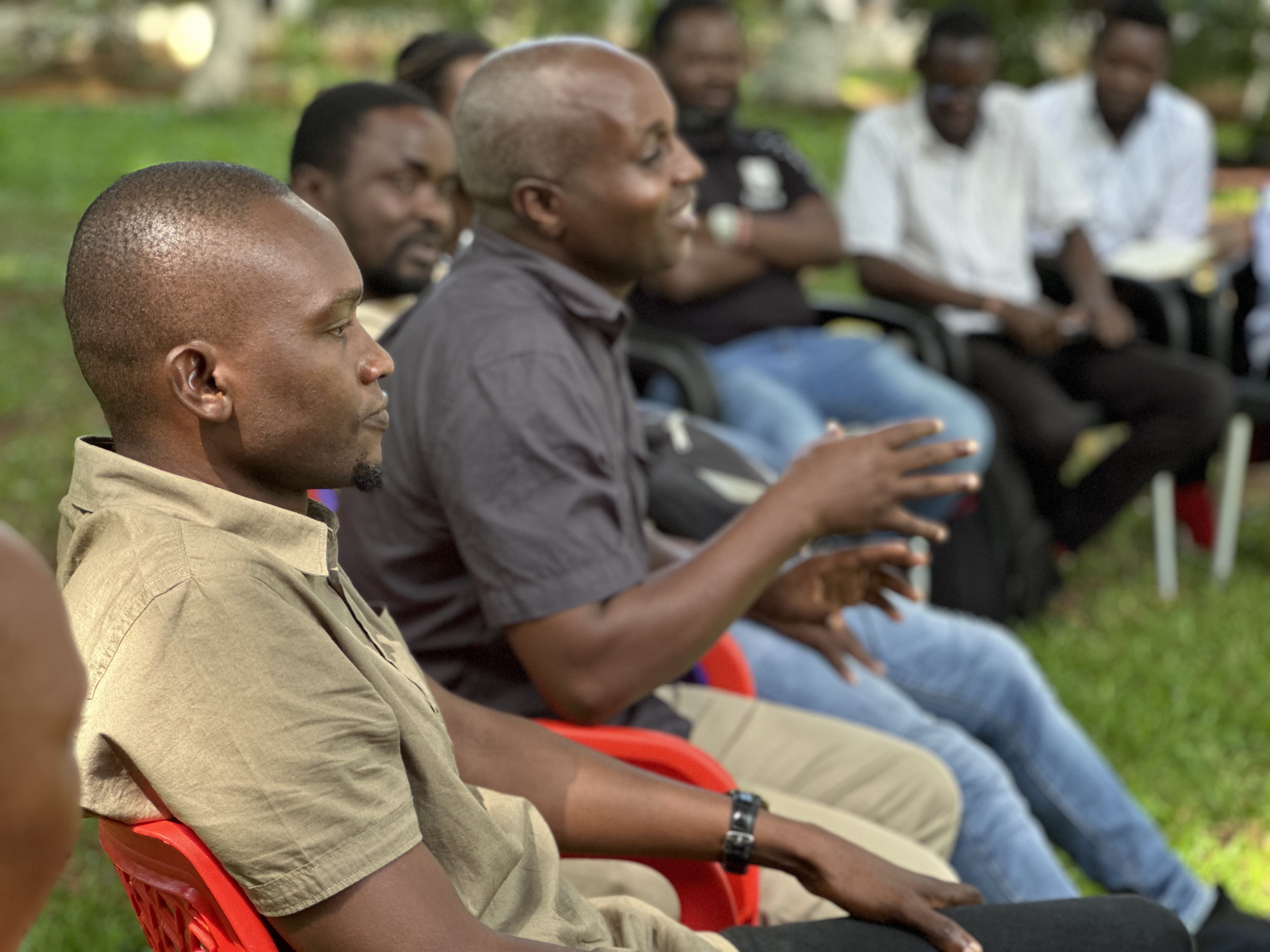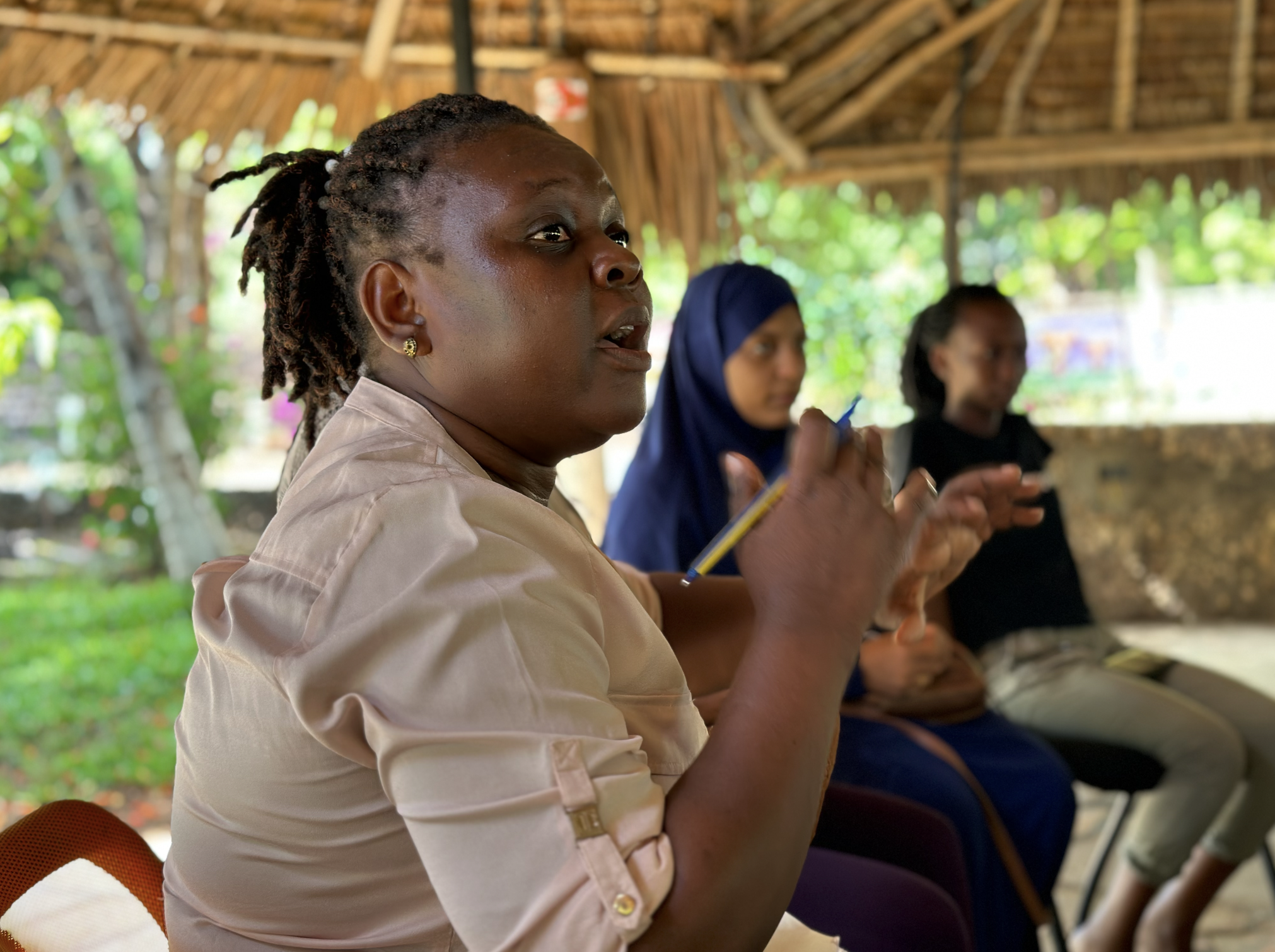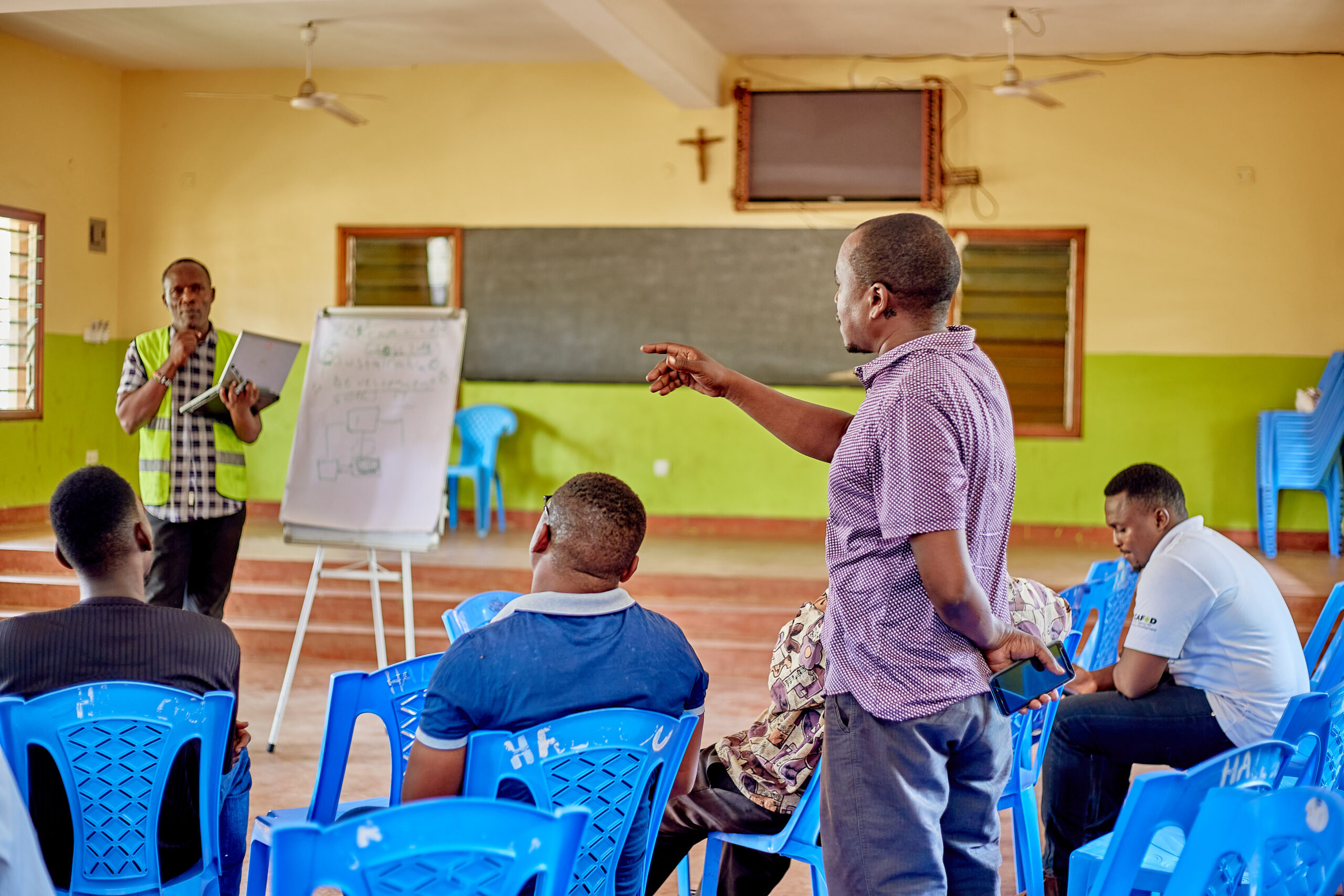
Increasing Citizen Participation – The Magic of CBO Collaboration
My name is Simon Mwalimo, Assistant to the Executive Secretary at Catholic Justice And Peace Department (Malindi Diocese). CJDP has 6 thematic areas; Lenten campaign, governance and democracy, transformative civic education, peace building and conflict management, constitution reforms and programs. We do advocacy through community outreaches and participatory congregation engagements aimed at peaceful co-existence of people within our community.
I knew about Maono a few months ago when a CBO leader told me that it is a community space for CBOs and creatives. I went to find out more about the place and they said that they not only provide us with a place to hold meetings but they also have capacity building programs for CBOs. This is not an opportunity that comes everyday, so I joined the community of CBOs because together I believe we can do wonders. I am now the chairperson of the CBO group.
Last week, we had a Nolewa (Swahili for Sharpen) session which is usually a session where we get an expert in a certain topic to come and sharpen our skills. After the meeting, one of our vibrant members, Rehema Iha, of Kwacha Afrika, brought up an issue on the upcoming Annual Development Plan (ADP) public participation meeting that was to happen in a week’s time (18th April). She shared that she learnt about this during one of her meetings. She asked the sub county ward administrator to share the document so she could go through it but he said that the county didn’t have money to print hard copies of it.
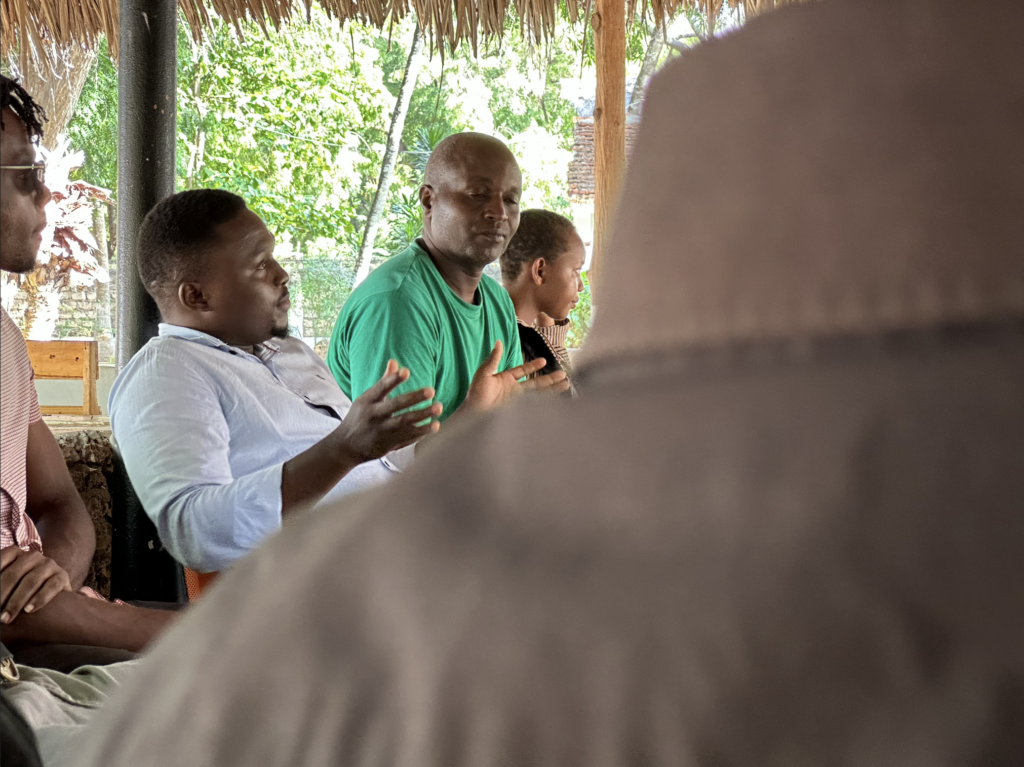
“How will people know what to talk about if they don’t get the document on time?” Asked Bovince, a member of the CBO group. “Why would they announce the meeting in the newspaper? Who will buy a newspaper when they don’t have money for food?” Another member added.
We quickly agreed that first we needed to find the document and make sure it gets to the community before the 18th. We went on the County’s website and we downloaded the document. “Now that we have the 500 page document, how will we make sure that it gets to the community?” we wondered. We only had three days to share this document that was too big and written in English, a language that a large majority of people in Kilifi don’t understand. This is when we organised ourselves to:
- Break down the document into short points that are easy to understand.
- Translate the document into Swahili.
- Divide ourselves into three groups.
Since we are a group of CBOs who have different missions, some didn’t know much about civic empowerment. So on the following day (Wednesday) we all met at Maono for civic education to help us engage the community in the right way. The meeting was facilitated by Rehema Iha. We also decided that the three groups would go to 11 wards (5 in Malindi and 6 in Magarini). It was also decided that we would use three approaches to engage the community: town hall meetings, social media posters and magnet theatre.
On Thursday, we prepared ourselves by breaking down and translating the ADP document, reaching out to Nyumba Kumi ambassadors and village elders to help us reach as many people as we could. On this same day, we published very nice social media posters so that people who could not attend the town hall meetings or see performances by the Magnet Theatre group could also be reached by the information.
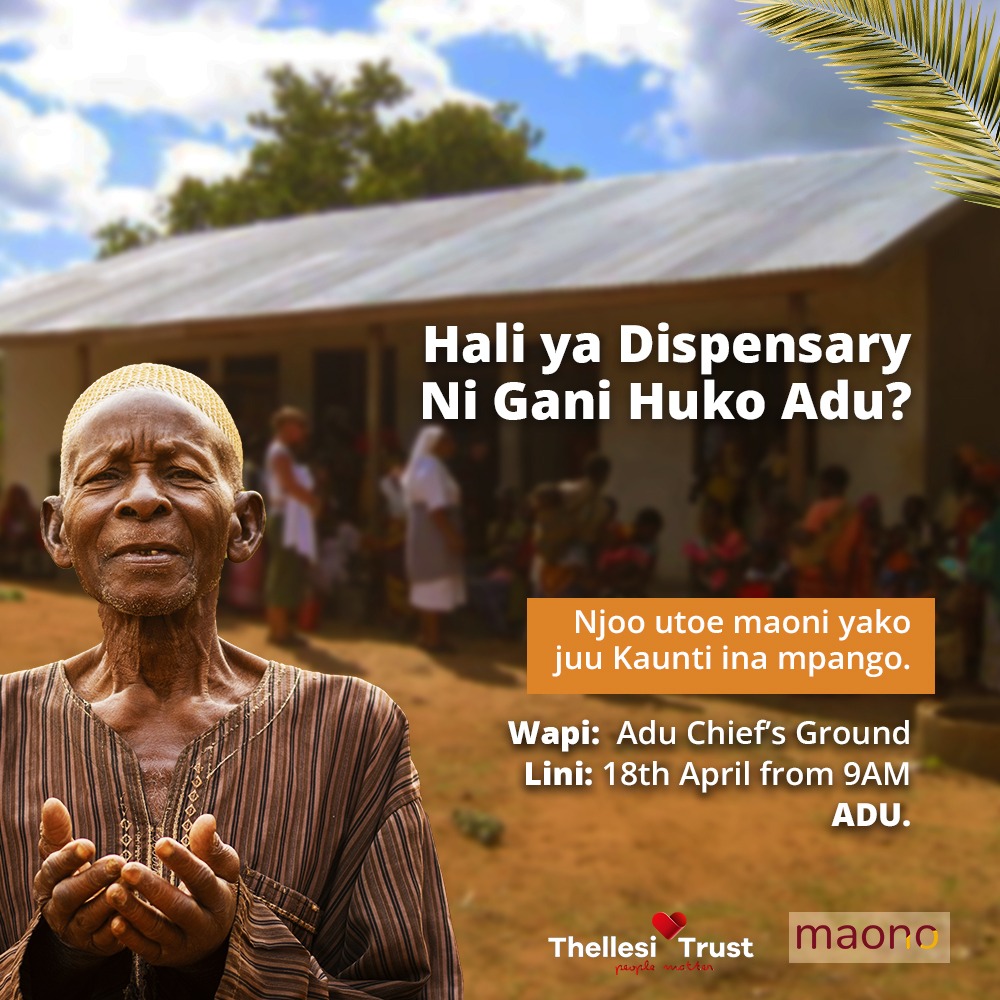
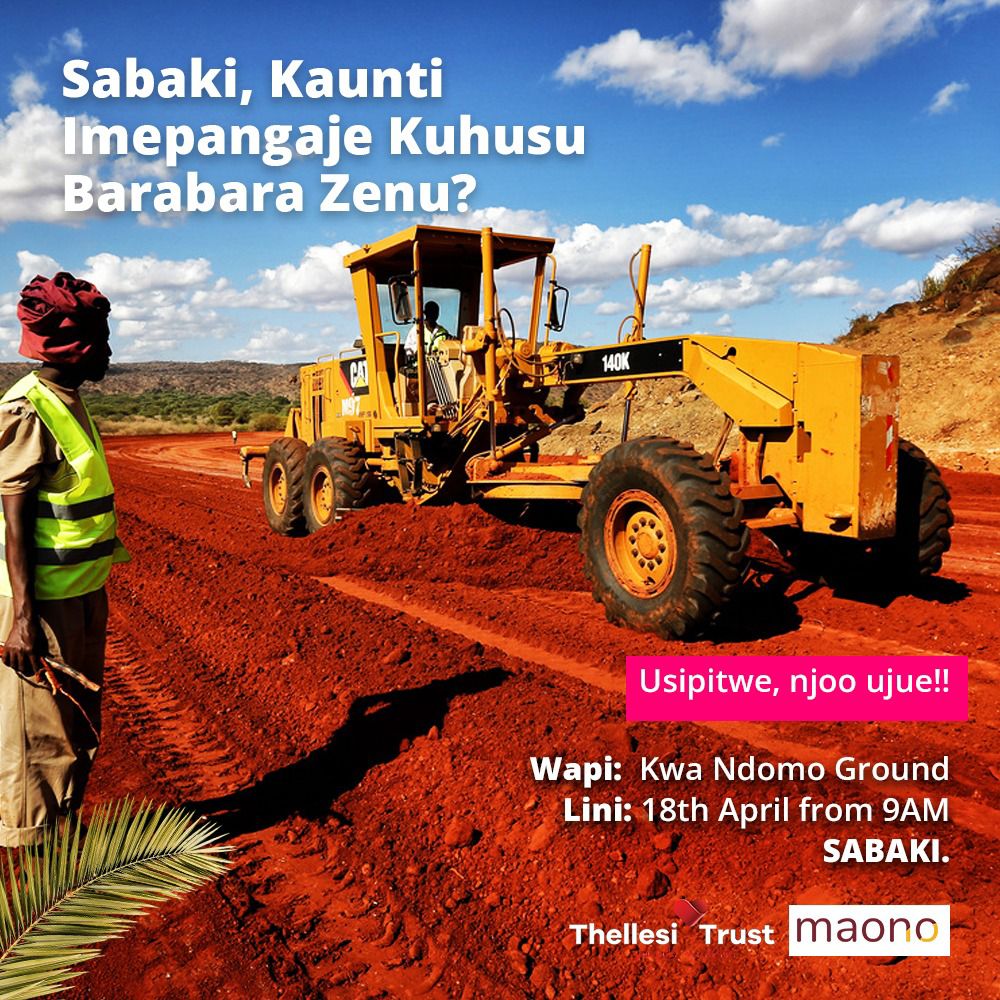
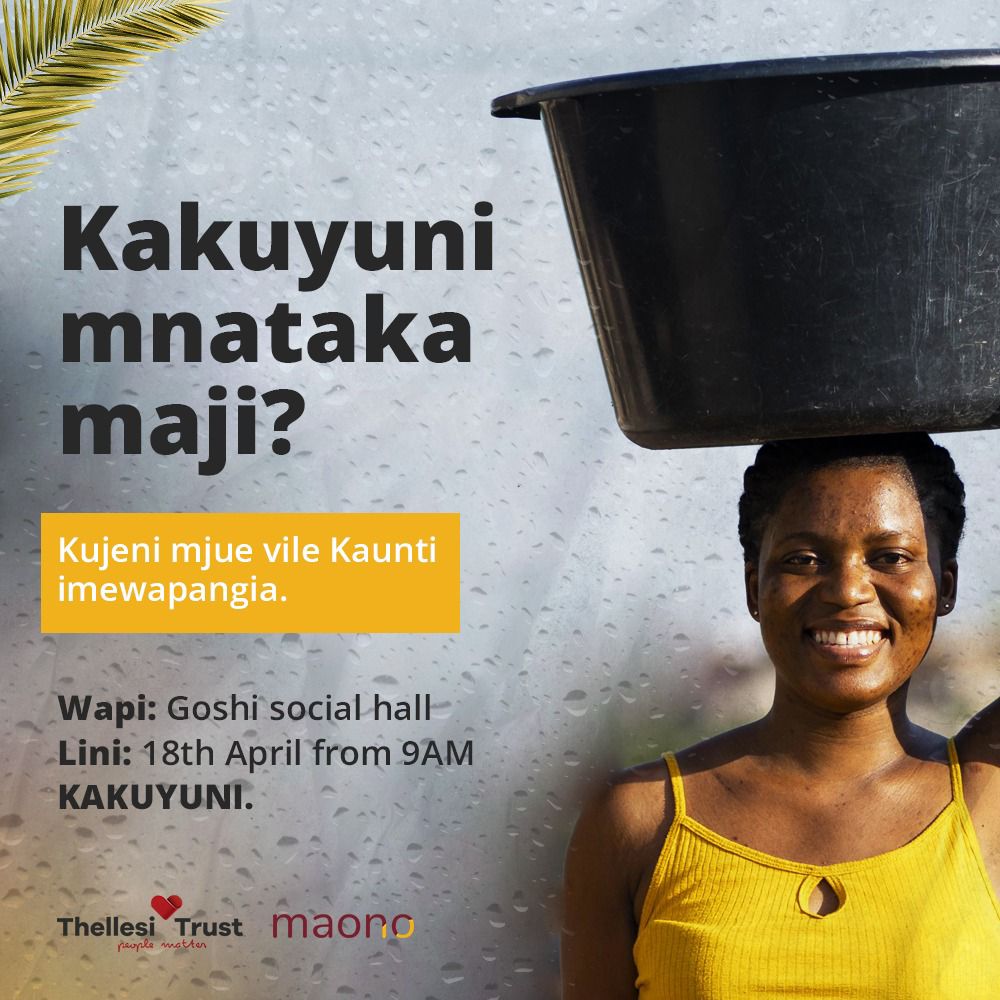
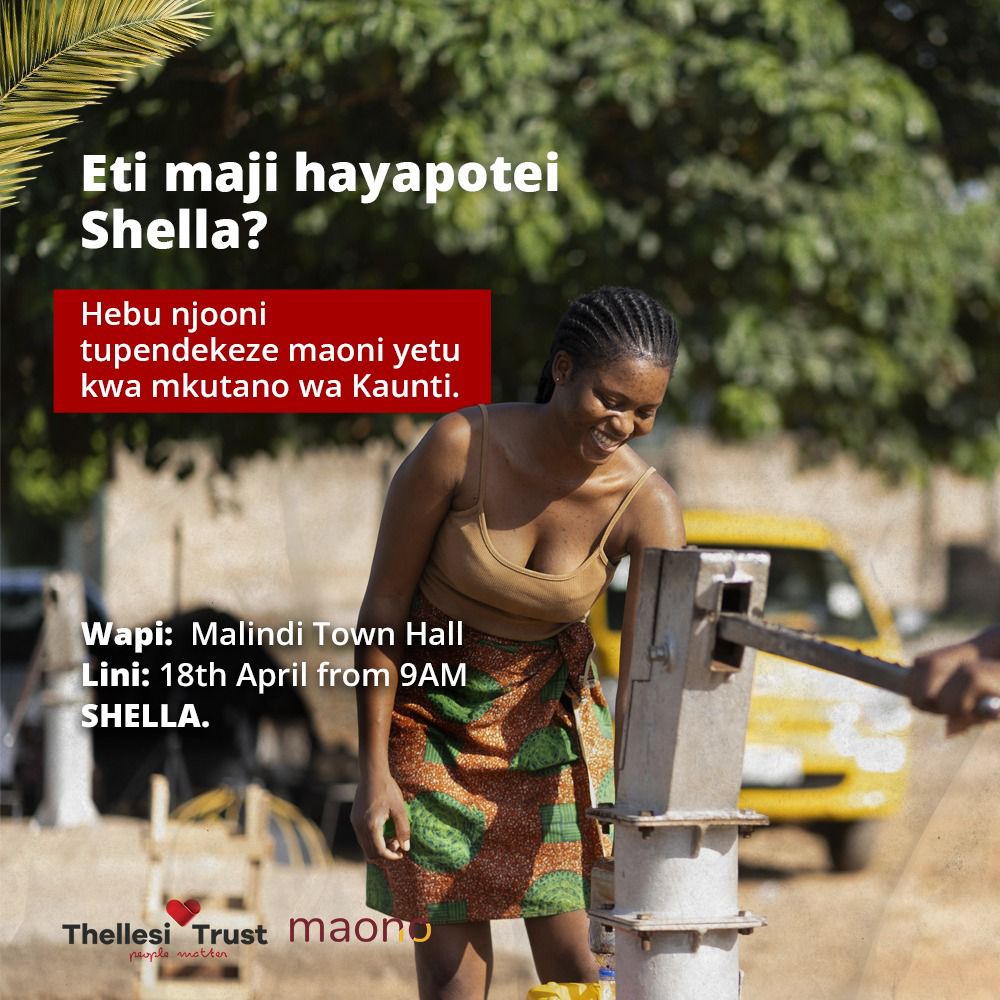
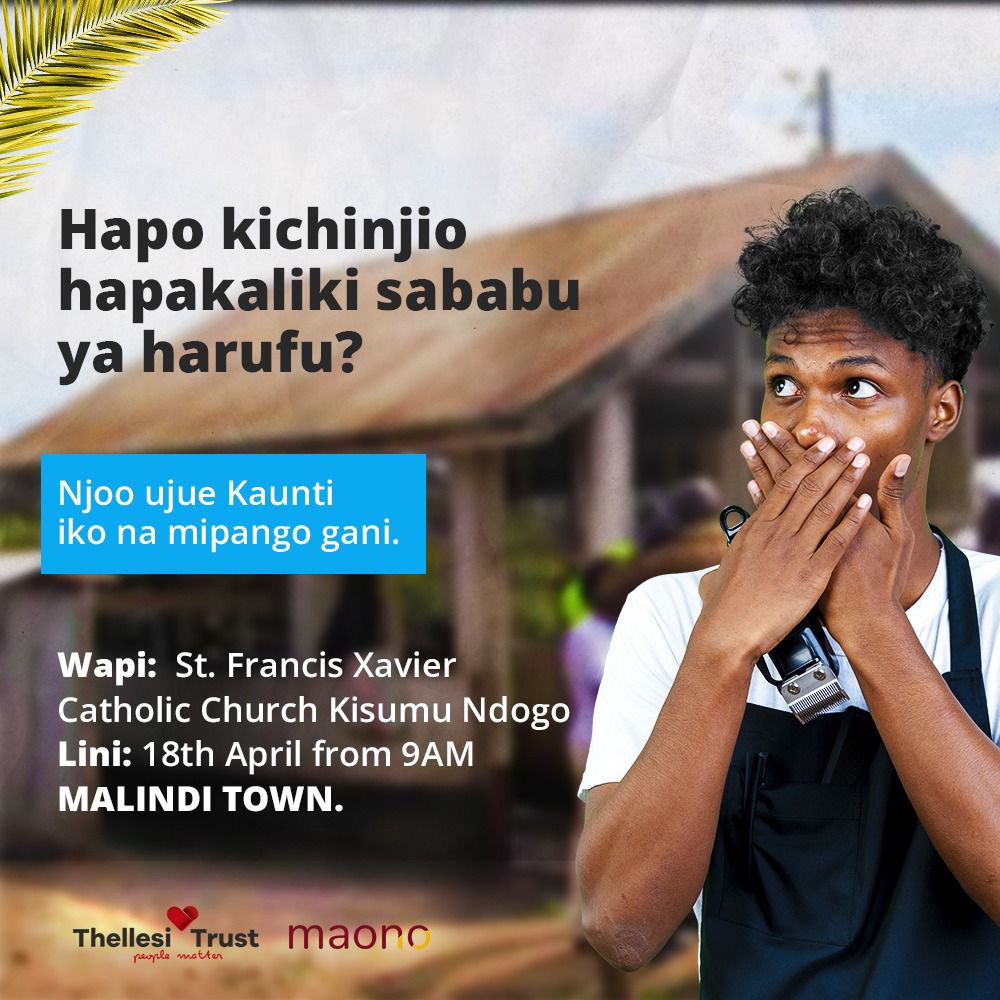
On Friday, the work began! My group went to Malindi Town ward and we used town hall forums. We used the translated document to educate the community on what ADP was and what projects the county was proposing. We then used manila papers to write down what the people felt that needed to be prioritised. These manila papers were to prepare them for the public meeting on the 18th. We mobilised the community for three days and the D-day came.
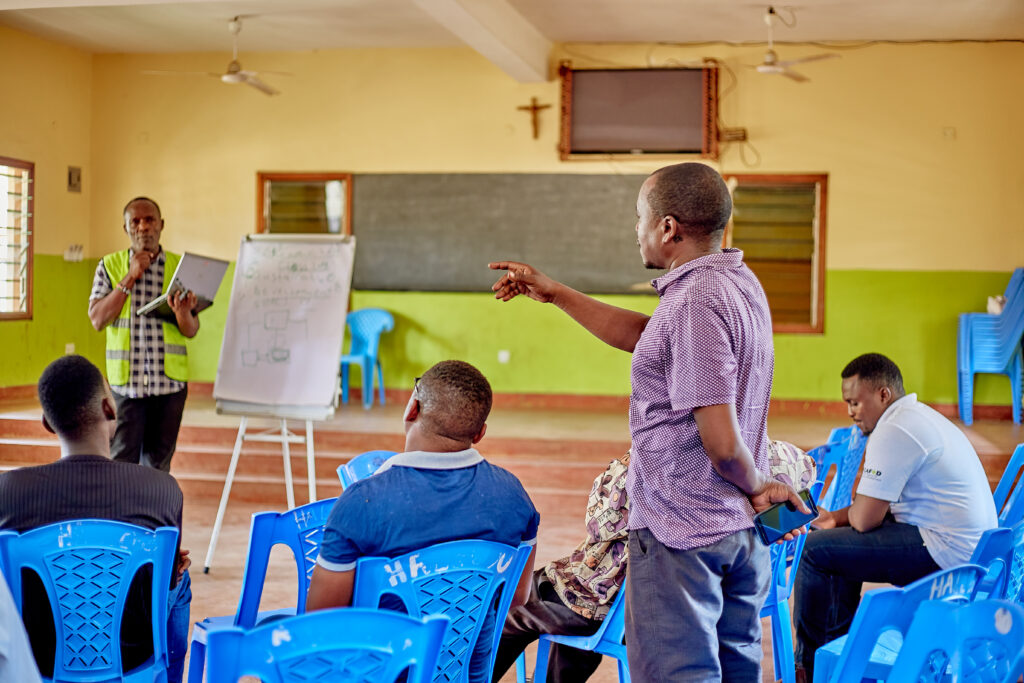
I went round different wards and I was happy to see the community using the manila papers to tell the county officials their wants and needs. Despite saying they didn’t have money to print the document for people to read, the county brought copies of the document on the 18th – many pages and still written in English. I wondered, what would have happened if we had not broken down the document earlier? Would the community have been in a position to understand the document and participate meaningfully in the meeting? Is this a strategy to keep our people in the dark?
I couldn’t help but wonder what public participation would be like if the government’s documents were simplified and were in a local language that people could understand. For far too long, we have blamed citizens for not involving themselves in governance, but in this case is it their fault? If you give me a document in a language that I don’t understand, how do you expect me to interact with it? If it is more than 500 pages, and I dropped out of primary school (as is with many people in Kilifi), will I bother to read?
As the Chairperson of this CBO community I am very happy with what we achieved. We came together, despite different missions, and made a huge difference in 3 days. This shows the power of collaboration.
I am also grateful to Maono for providing us with the space to create magic. We will continue to work together because our voices are stronger! Pamoja, tunaiuna Kilifi! (Together, we lift Kilifi).

